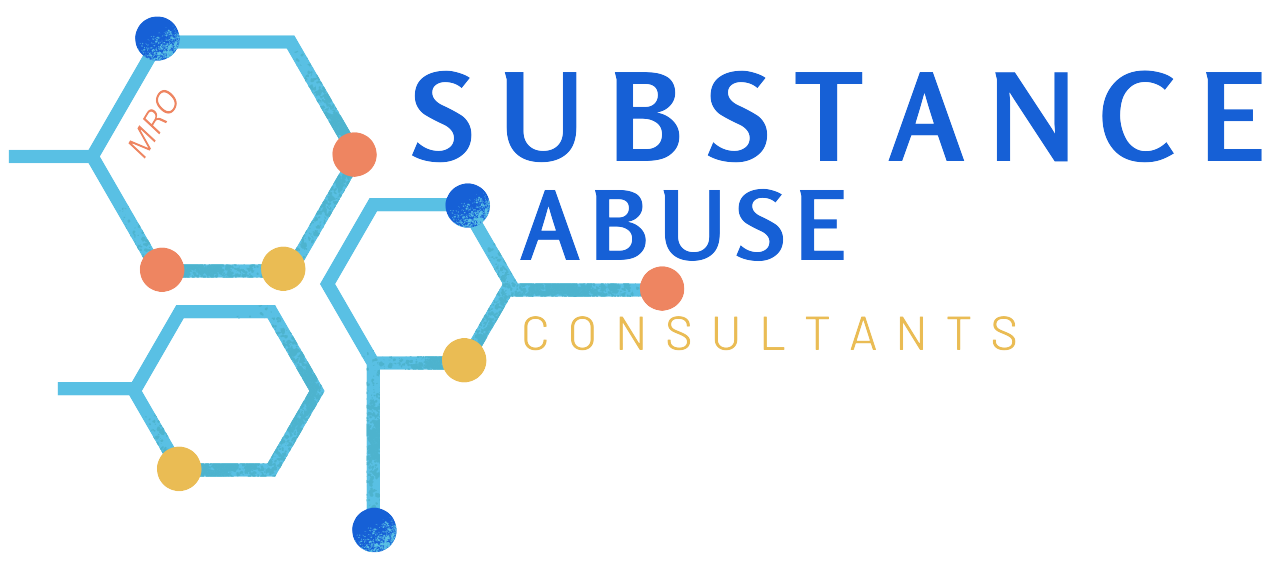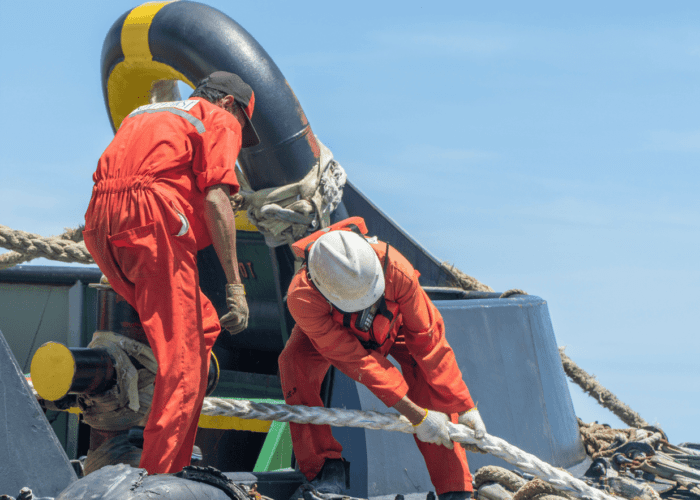Approved Maritime Consortium Membership
- Home
- Services at Substance Abuse Consultants
- Become a Member of a Random Testing Pool for DOT Jobs & Careers
- Maritime Jobs & Careers the USCG Requires Random Drug Screening
Understanding Random Drug Testing Pools and Consortiums in Maritime Careers
What is a Random Drug Testing Pool?
A random drug testing pool (called a consortium) is a group of employees subject to drug tests at unannounced times. This method helps deter drug use by ensuring that all employees remain compliant with drug-free vessel workplace policies. In the maritime industry, these pools are essential for maintaining the safety and reliability of maritime operations.
Careers Requiring USCG Randomized Drug Screening
Many maritime careers require compliance with USCG drug testing rules, including:
- Deck Officers: Captains, mates, and pilots.
- Engineers: Marine engineers and engine officers.
- Deckhands: Crew members assisting with vessel operations.

- Stewards: Catering and housekeeping personnel.
- Able Seamen: Skilled sailors.
- Fishermen: Commercial fishing vessel operators. This includes recreational charter fishermen.
- Tugboat Operators: Towing and guiding larger vessels.
BECOME A MEMBER
Importance of Consortiums
Consortiums are groups of employers who join together to manage their drug testing programs more efficiently. These organizations provide several benefits:
- Cost Efficiency: By pooling resources, consortiums can reduce the overall drug testing costs.
- Compliance Management: Consortiums help ensure all members comply with federal regulations, including USCG drug testing rules.
- Record Keeping: They maintain accurate records of all testing procedures, ensuring documentation is readily available for audits and inspections.
Maritime Industries where being a member of a random drug testing pool would apply:
- Cruise Ships (Carnival, Virgin, Disney, Royal Caribbean etc)
- Luxury Yacht Staff & Crew
- Shipping & Container Ships (Merchant Mariners)
- Recreational Party Boat Businesses & Fleets
- Sports fishing charters
- Boat Towing Response Rescue Companies (Sea Tow, Boat US)
US Coast Guard Rules for Drug Testing
The US Coast Guard (USCG) has stringent drug testing regulations to ensure the safety of maritime operations. Key rules include:
- Pre-employment Testing: Mandatory drug tests before hiring.
- Random Testing: Unannounced tests to deter drug use.
- Post-Accident Testing: Required following serious marine incidents.
- Reasonable Cause Testing: Conducted if there is suspicion of drug use.
- Return-to-Duty Testing: Necessary for employees returning to work after violating drug policies.
Conclusion
Random drug testing pools and consortiums are vital components of maintaining safety and compliance in the maritime industry. By adhering to USCG drug testing rules, maritime employers can ensure a drug-free and safe working environment for all employees. For more information on setting up a random drug testing pool or joining a consortium, contact Substance Abuse Consultants today. Not just states such as Florida, California, Texas, SC, NC, GA, Oregon, Alaska, Washington, New York, Maine, Louisiana, and those along the coast, but also states on the interior of the US also have to adhere to the same rules. Especially those who work on the Great Lakes, Mississippi River, Colorado, Missouri & Rio Grande rivers would apply.
DOT Agencies & Administrations
Categories
- CDL
- consortium
- DOT Clearing House
- drug free vessel
- drug testing pool
- Litigation
- maritime consortiums
- Medical Review Officer
- Positive Drug Test Results
- Random Drug Testing Program
- random drug testing programs
- SAP Counseling
- Substance Abuse Professionals
- substance abuse screening Consortiums
- US Coast Guard
Tags
Alabama Alaska Arizona Arkansas California Colorado Connecticut Delaware DOT Florida Georgia Hawaii Idaho Illinois Indiana Iowa Kansas Kentucky Louisiana Maine Maryland Massachusetts Medical Review Officers Michigan Minnesota Mississippi Missouri Montana Nebraska Nevada New Hampshire New Jersey New Mexico New York North Carolina North Dakota Ohio Oklahoma Oregon Pennsylvania Rhode Island South Carolina South Dakota Tennessee Texas

